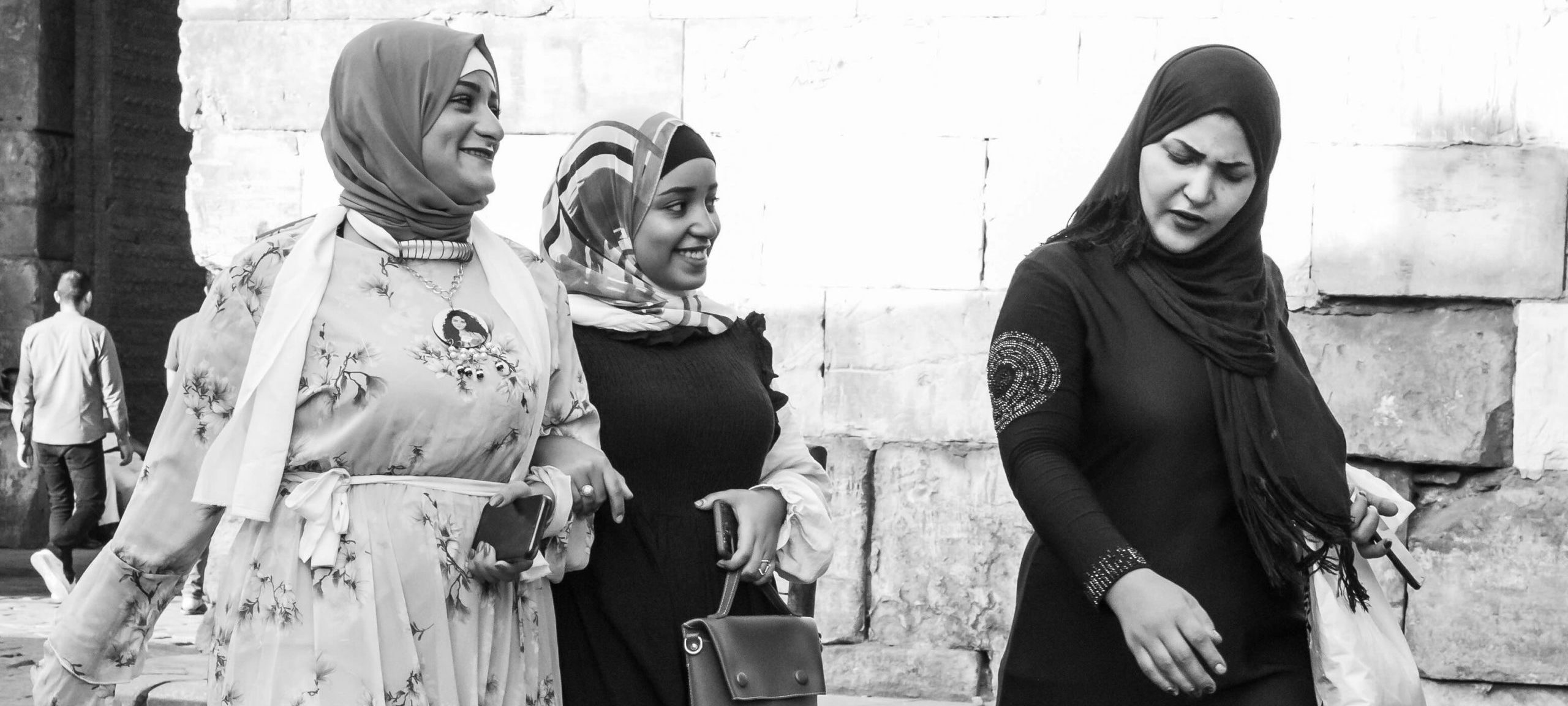Women, Peace, and Security in Contexts of Partial Peace and Political Transitions in the Middle East
The Women, Peace, and Security (WPS) agenda is instrumental in advocating for women’s meaningful participation in peace and security efforts. However, in situations of incomplete peace and ongoing political transitions, the challenges facing women peacebuilders and activists become even more acute. As the agenda approaches its 25th anniversary, it faces existential challenges.
Women and the WPS agenda already contend with significant hurdles, including underrepresentation in political spaces and formal peace processes, backlash from patriarchal and male-dominated societies, and a lack of protection as their work often exposes them to threats and violence. These challenges are exacerbated in contexts where peace is fragile, political landscapes are unstable, and transitions are contested and non-linear.
The Reality of Partial Peace and Political Transitions
Partial peace refers to situations where ceasefires or agreements have been reached but conflict dynamics persist. Political transitions on the other hand, are periods of change in governance structures that may or may not lead to democratic and inclusive outcomes. These conditions create both risks and opportunities for women’s involvement in peace and security processes.
The impact of partial peace and political transitions on the WPS agenda is particularly evident in Palestine, Syria, and Lebanon.
● Palestine: While women activists play a crucial role in advocating for peace, human rights, and community resilience, WPS work in Palestine is shaped by the ongoing occupation and the lack of any prospects for a two-state solution. The challenges they face are further compounded by the impact of the occupation exacerbating and reinforcing patriarchal structures.
● Syria: Over a decade of civil conflict, compounded by complex and overlapping political dynamics, has left Syrian women navigating multiple layers of exclusion. Despite this, Syrian women have emerged as key actors at the local level in serving as negotiators in securing local ceasefires and prisoner releases, distributors and monitors of humanitarian aid, and documenters of human rights abuses, often without formal recognition or protection.
● Lebanon: The country’s ongoing political and economic crises have created an environment where women peace actors struggle to gain influence. Despite their active role in civil society and protest movements, they face institutionalised discrimination and exclusion from governance structures that remain resistant to gender-inclusive reforms. Displacement resulting from the latest conflict with Israel, has disrupted women’s livelihoods in Lebanon and heightened their need for protection, shelter, food, and healthcare.
The Way Forward
Addressing the challenges facing women in contexts of partial peace and contested political transitions requires more than symbolic inclusion—it demands a structural rethinking of how peace is made, monitored, and sustained. Building on the recommendations of the WPS Working Group for the Arab States, several priorities stand out.
First, women must be included as negotiators, mediators, and signatories in peace and ceasefire processes—not as observers, but as decision-makers. Gender provisions should be mandatory in agreements, with independent monitoring to ensure they are not sidelined once the ink dries.
Second, accountability must move beyond rhetoric. Fact-finding missions, gender-sensitive audits, and publicly accessible indicators are needed to track violations and progress, particularly in places like Palestine and Syria, where women continue to face violence and exclusion under occupation and militarised governance.
Third, peacebuilding must be rooted in local realities. That means adapting WPS language and frameworks to cultural and political contexts, investing in grassroots women-led initiatives, and decentralising funding away from elite or capital-based structures. Regional leadership—rather than Western dependency—should drive these processes, with Arab states using their political leverage to broker inclusive peace.
Fourth, protection and support must extend to women activists, human rights defenders, and community mediators who take on extraordinary risks. Safe houses, legal aid, mental health programs, and rapid response mechanisms should be treated as non-negotiable investments in sustaining women’s leadership.
Finally, the agenda must look forward. Climate change, arms proliferation, and emerging technologies like AI are already shaping conflict dynamics in the region. Women’s voices and agency must be central in shaping how societies respond to these evolving threats.
The promise of the WPS agenda will not be realised through tokenism or symbolic commitments. It will be measured by whether women in Palestine, Syria, Lebanon, Sudan, and beyond are empowered to shape the peace and political futures of their societies—not in theory, but in practice.
Qabas Al-Musawi | Research & Peace Process Support Analyst

